April 25, 2025 | 07:40 GMT +7
April 25, 2025 | 07:40 GMT +7
Hotline: 0913.378.918
April 25, 2025 | 07:40 GMT +7
Hotline: 0913.378.918
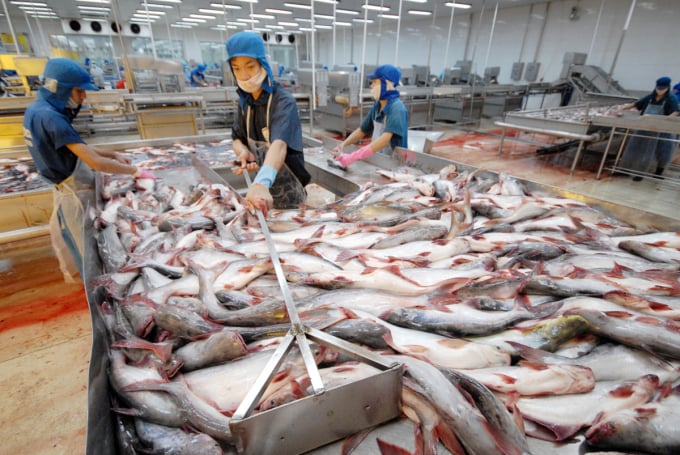
China will lower tariffs on several high-quality seafood products.
According to Vietnam Association of Seafood Exporters and Producers (VASEP) the Customs Tariff Commission of the State Council of China on December 15 announced a plan on tariff adjustment for 2022.
The Chinese Finance Ministry said it will impose tax rates under the Most-Favored-Nation (MFN also known as normal trade relations) on a wide range of products. Accordingly, the country will lower tariffs on a number of consumer goods. The Ministry of Finance of China declared that “salmon and cod are high-quality aquatic products and will enjoy duty reductions to meet people’s needs for a better life. While creating a good atmosphere for the Beijing Winter Olympics, it will respond to the trend of consumption upgrades.”
As one of China's important imported seafood, the import tariff of fresh Atlantic salmon (HS code: 03021410) will be reduced to 7%. The tariff on Arctic shrimp (HS code: 0361640) will be reduced to 2%. For the frozen Alaska pollock (HS code: 03036700) import tariff rate is lowered to 2%. To boost trade openness in accordance with the free trade agreements and preferential trade agreements signed between China and relevant countries and regions, duty reductions will be imposed on a number of products from 29 countries and regions from early 2022.
Under the bilateral trade agreement between China and New Zealand, Peru, Costa Rica, Switzerland, Iceland, South Korea, Australia, Pakistan and Georgia and under the Asia-Pacific Trade Agreement (APTA), the duties will be further reduced. The free trade agreement (FTA) signed between China and Cambodia will take effect on Jan. 1, 2022 and tariffs on some certain products will be lowered.
Translated by Mai Tham
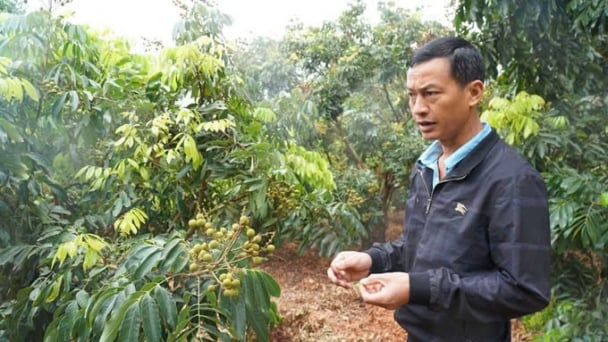
(VAN) Son La province is gradually addressing key challenges regarding issuance of planting area codes, improving the quality of packing facilities, and modernizing logistics infrastructure, to achieve the goal of formal and large-scale agricultural exports.
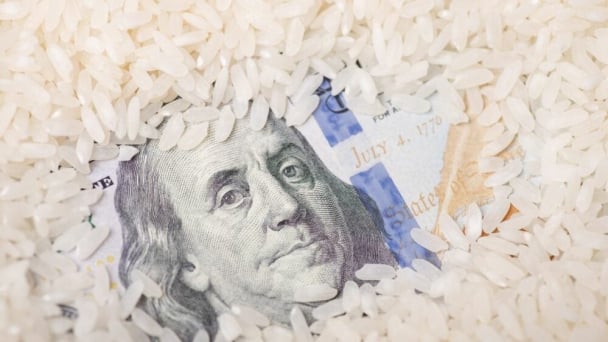
(VAN) Nations that export rice to the United States were among the hardest hit by new tariffs announced April 2, including the country’s top rice-trading partner: Thailand.
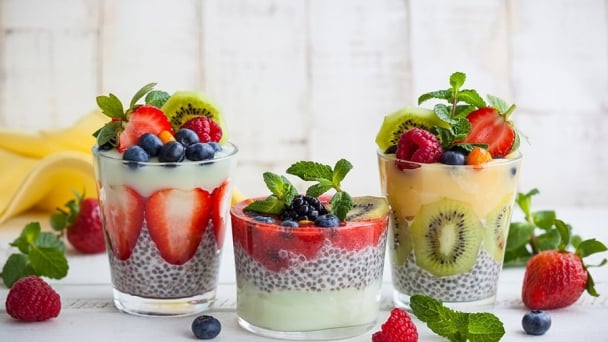
(VAN) Consumers look for indulgence, flavor, color, and crunch in yogurt, ice cream, and more.

(VAN) Russian poultry farmers have suffered losses in recent weeks from selling broiler meat and eggs to retailers and wholesalers as oversupply tightens its grip on the market.
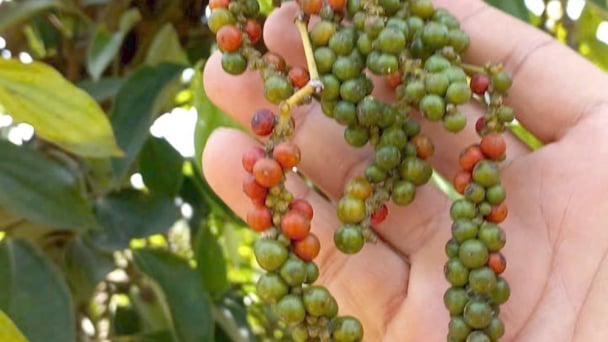
(VAN) Pepper export businesses are boosting sales to the EU, India, the Middle East, and other markets to sustain exports, even in the face of unfavorable U.S. reciprocal tariffs.
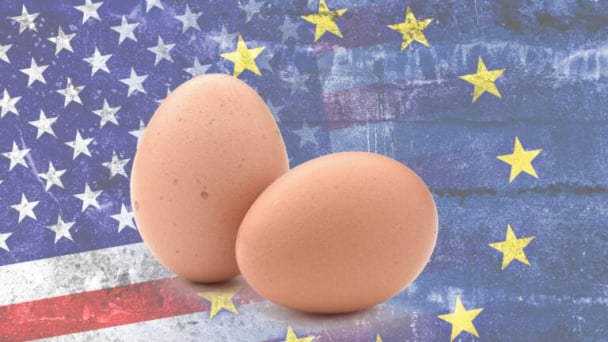
(VAN) In northwestern Europe, poultry farmers can take full advantage of exceptionally high prices.
/2025/04/18/0614-0-nongnghiep-120604.jpg)
(VAN) Cashew nuts are not only a nutritious food but also a golden raw material in both cuisine and export, contributing to elevating Vietnamese agricultural products onto the global stage.